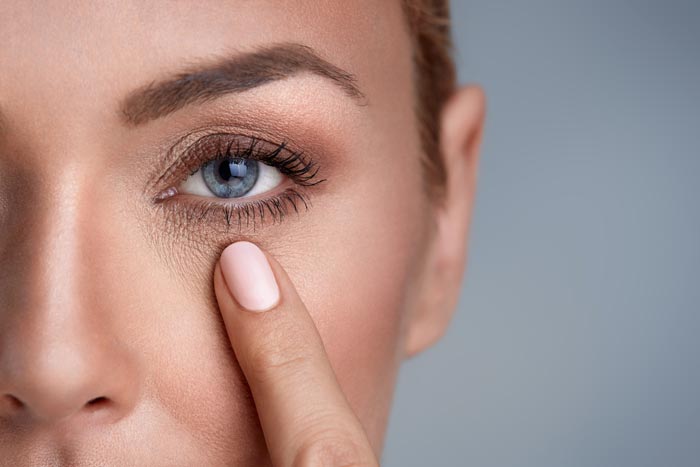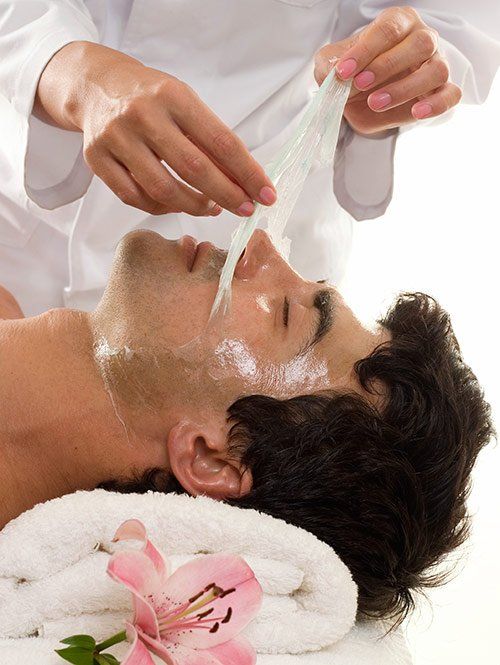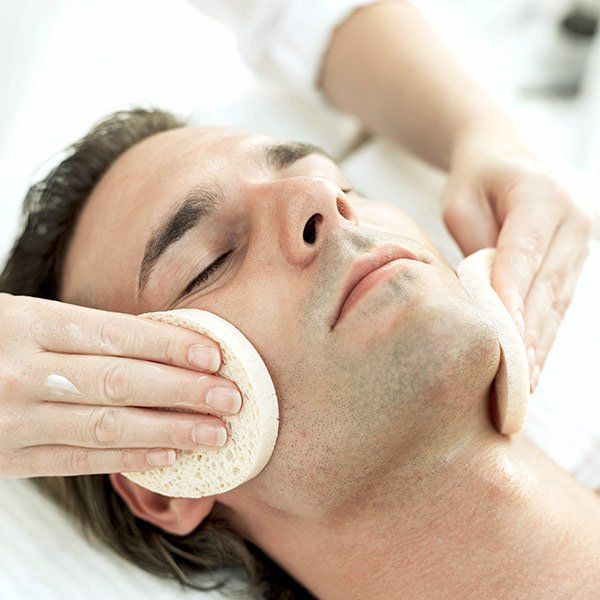
During the winter, you have enough to worry about without losing sleep over dry, itchy skin. In addition to trying to drive safely in winter weather, you might also be concerned about looking your best for that special get-together with friends, which is why your skin needs to be at its best. Here are three care tips to combat dry winter skin.
Run a Cool-Mist Humidifier
When you climb into bed at night, you subject your skin to some of the driest conditions that it might face all day long. In addition to being exposed to bedding that can wick away moisture, cold, dry nighttime air can also strip your skin of essential water, leaving you with itchy skin in the morning.
Since cold air can dry your skin out, running a humidifier at night should be an essential part of your winter skincare routine. To prevent dry skin, invest in a cool mist humidifier and always fill it up before you go to bed. If you have trouble falling asleep, you can even infuse the water with a few drops of essential oil for a little aromatherapy as you snooze.
In addition to preventing moisture loss, using a humidifier has also been shown to prevent snoring, make your home feel warmer, and prevent the transmission of airborne illnesses, helping you to prevent things like high energy bills and missed work.
Use an Oil-Based Moisturizer
That lightweight moisturizer might be all you need during the spring and summer months, but during winter, you might need a little something extra. Because the skin becomes naturally stripped of moisture during the winter, consider switching to a heavier oil-based moisturizer for the colder season.
In addition to infusing your skin with rich emollients that prevent dry patches and itchiness, oil-based moisturizers also create an invisible barrier on the surface of your skin that acts as a barrier for things like allergens and moisture loss. To find the right moisturizer for your winter skin problems, talk with your dermatologist or look for products labeled as night-creams.
For best results when you moisturize, experts recommend applying lotions within three minutes of washing your face or exiting the shower. By moisturizing quickly after your skin is exposed to moisture, you can seal in water and allow your skin to hydrate effectively. Additionally, wet skin that is already infused with moisture won't need as much lotion, helping you to save money on pricier products.
If you struggle with severely dry skin, consider applying a small amount of petroleum jelly to the area. Although you might feel silly applying this inexpensive ingredient to your skin, this readily available, FDAapproved moisturizer wards off moisture loss better than most other lotion ingredients, including mineral oil.
Take Shorter, Cooler Showers
You might look forward to a long, hot shower after your chilly morning run or stressful day at work, but unfortunately, super-heated showers can strip your skin of natural oils, drying out your skin. Soaps can exacerbate this problem during the winter, especially if you use harsh cleansers that are highly alkaline.
To ward off those winter skin blues, focus on taking shorter, cooler showers. If you have a hard time remembering to shorten your shower or turn down the temperature, consider setting a timer during your morning routine and turning down the temperature on your water heater during the winter months.
If you have dry skin that doesn't seem to go away with at-home care, make an appointment with the professionals at Dermatology Center of Wellington. In addition to talking with you about your concerns and carefully checking for skin conditions that could be causing the problem, our experienced dermatology team can help with everything from laser hair removal to Botox® injections. 










